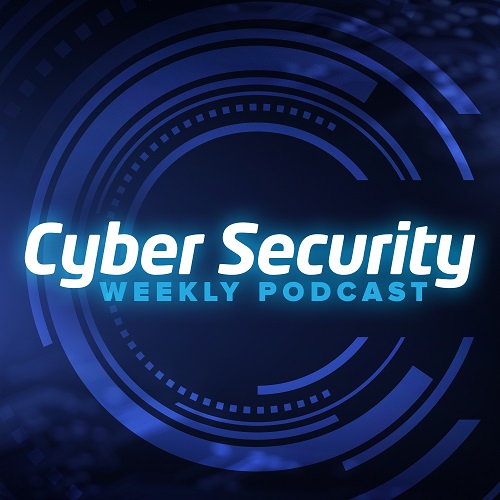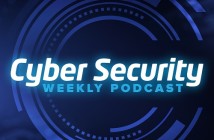
Mark Orsi is the Chief Executive Officer of Global Resilience Federation, (GRF) a non-profit with the mission to develop and support threat intelligence and information sharing communities including education, operations technology, financial services, retail and hospitality, legal and professional services, energy, health, and oil and natural gas.
Launched in 2017 as a standalone company, from a former Financial Services Information Sharing and Analysis Center (FS-ISAC) division, GFR is the evolution of 1998’s U.S. Presidential Decision Directive 63 and 2003’s Homeland Security Presidential Directive 7 which mandated that the public and private sectors share information about cyber and physical security threats and vulnerabilities to help protect critical infrastructure.
Mr. Orsi led strategic efforts for several prominent Fortune 100 companies, working directly with CIOs and CISOs to develop, deploy, and improve security controls protecting the confidentiality, integrity, and availability of sensitive information.
Mark joined the company from JPMorgan Chase where he served as executive director and product owner for cybersecurity and technology controls. Prior to JPMorgan, Mr. Orsi served KPMG as director of cybersecurity, and Goldman Sachs as vice president of technology risk.
Mark holds an MBA from Columbia Business School, an MS in computer science from Johns Hopkins University, and a BS in Aerospace Engineering from the University of Maryland
In this interview, Mark shared the latest in artificial intelligence, and operational resiliency.
Artificial intelligence
Mark highlights how the latest AI innovations powered by large language model differ from the previous iterations of AI technologies such as democratising the cyberattacks tools used by nation state actors and leveraging dynamic datasets in training AI models.
He also notes how cyber defenders are adopting the technology to “multiply” the efforts of resources, for example, in code development and testing. He also foresees that such technology would empower cyber defenders to deliver more targeted threat intelligence.
Through a personal story, Mark illustrates how the technology lowers the barriers of entry for hacktivists and other threat actors, and the importance of exercising extra vigilance – including understanding how the third parties in the supply chain are using AI. He also notes that an “AI” SBOM (akin to the software SBOM) could help to address the AI model and data supply chain concerns.
Operational resiliency
Mark introduces the Operational Resilience Framework (ORF) launched by Global Resilience Federation’s Business Resilience Council (BRC) to solve the challenge of providing services in an impaired state.
For example, while businesses may have robust processes in place for backing up business or customer data for regulatory reasons, less attention may be paid to backup data such as system images or active directory, network configurations –which would minimize service disruptions in the face of destructive attacks and events.
He also explains that ORF was developed to be broadly applicable and is aligned with existing controls like those from NIST and ISO.
Some useful links and contacts:
- BRC: https://www.grf.org/brc
- Operational Resilience Framework: https://www.grf.org/orf
- Leadership Guide to AI Security – https://www.grf.org/the-leadership-guide-to-securing-ai
- Practitioners’ Guide to AI Security – https://www.grf.org/practitioners-guide-to-managing-ai-security
- General info: info@grf.org; Mark Orsis: morsi@grf.org
- Summit on Security and Third-Party Risk – Oct 11-12 Austin Texas: https://www.grf.org/2023-summit-on-security-and-third-party-risk
Recorded 25th August 2023, 1.30pm, GRF APAC Headquarters Singapore


